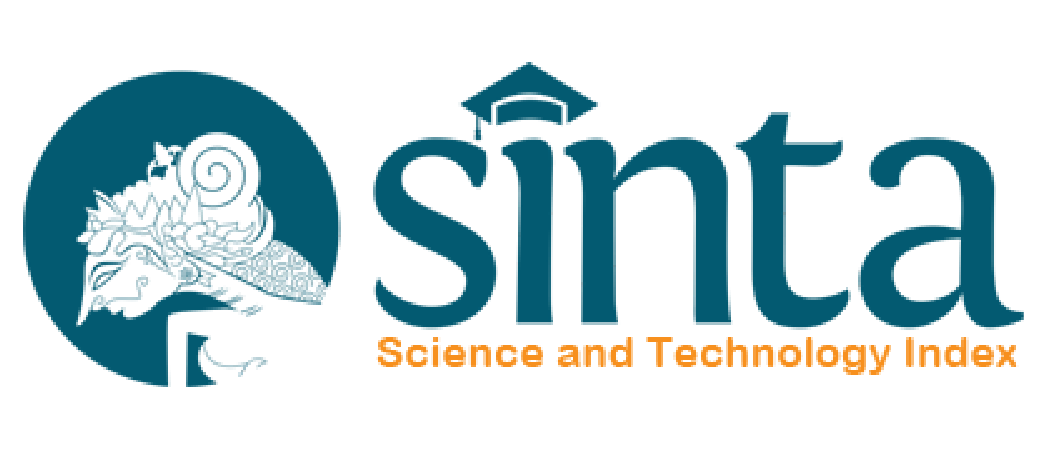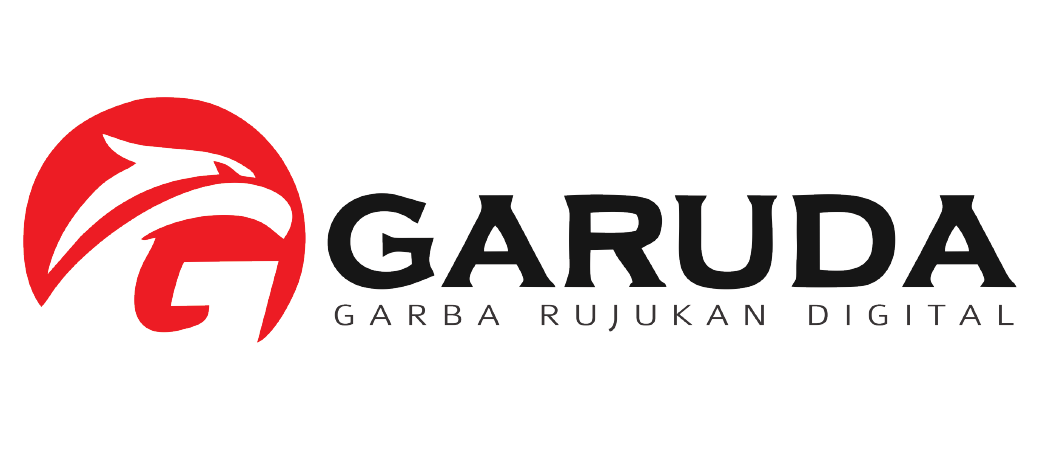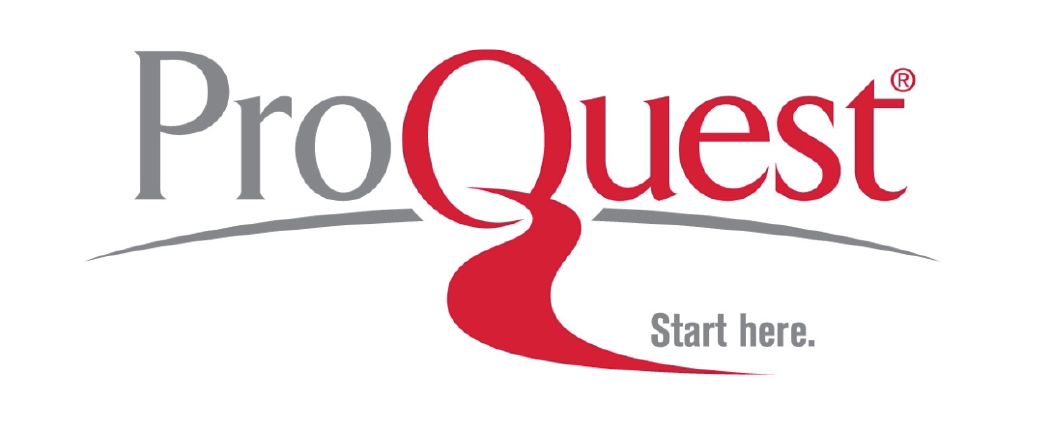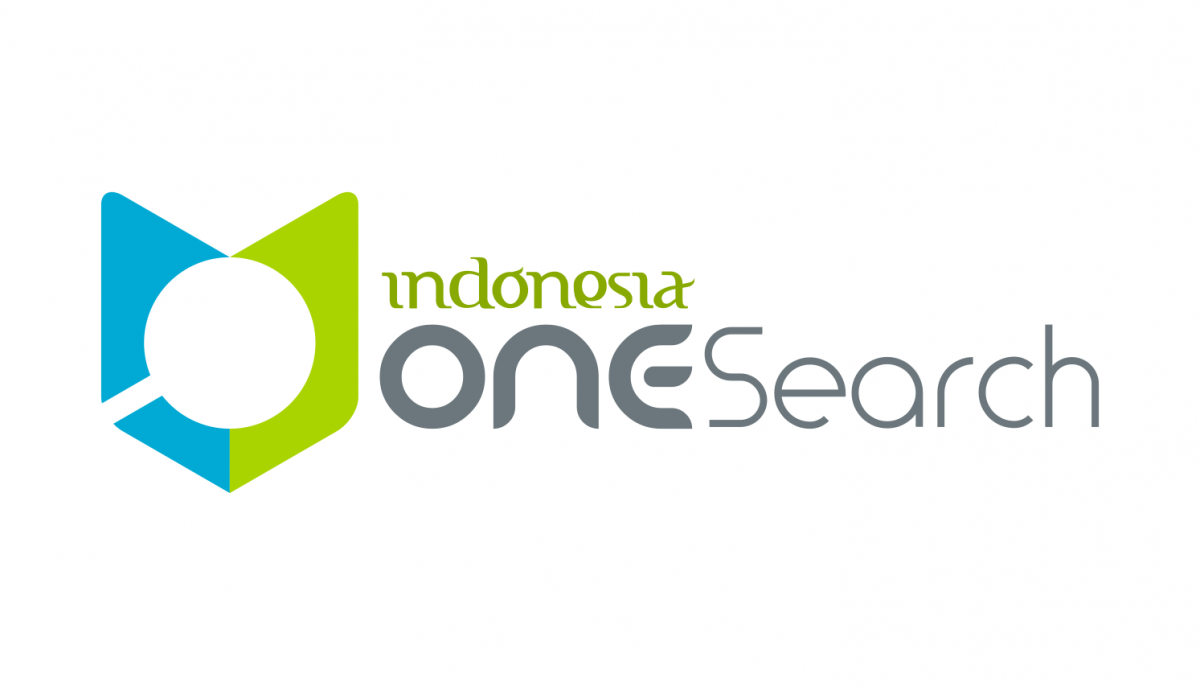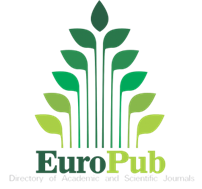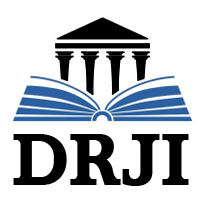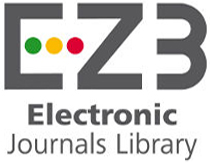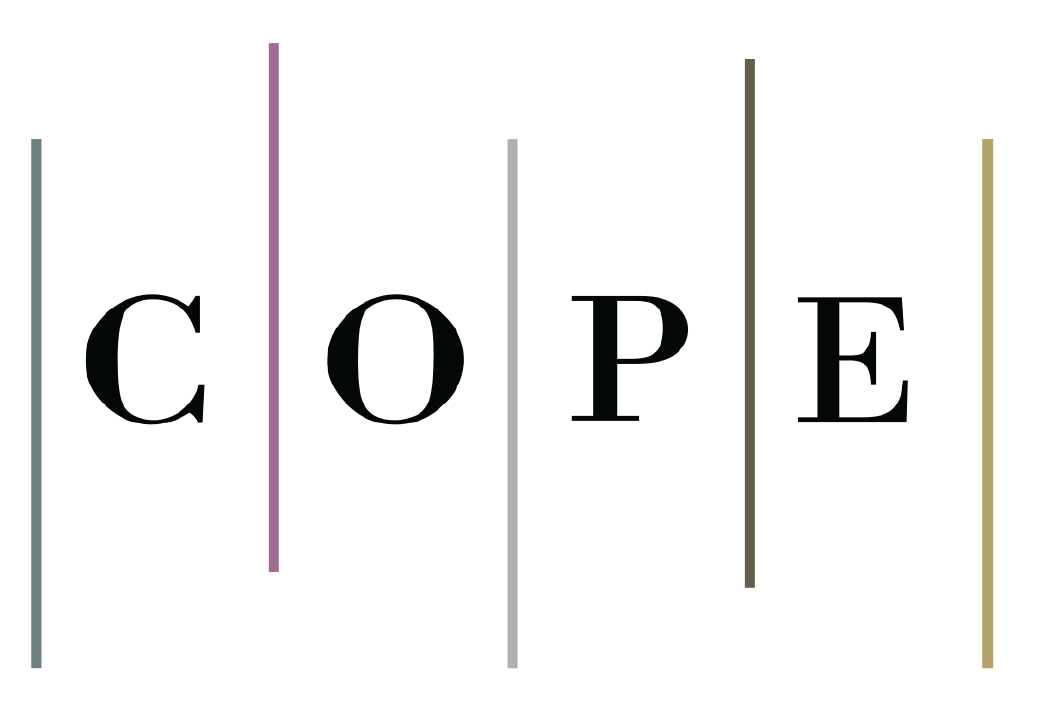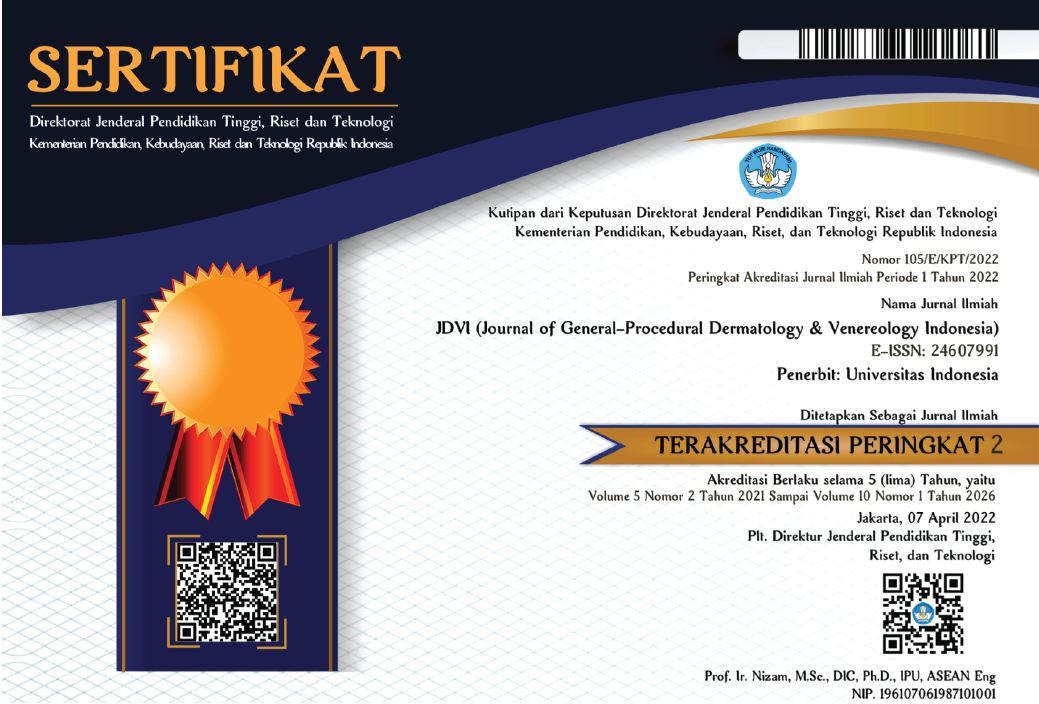Abstract
Background: Obesity affect significant populations on all ages. The relationship between obesity and metabolic diseases is known but a dermatological link is rarely explained. Transepidermal water loss (TEWL) is one of the measurement tools used to define the skin’s barrier function by measuring the amount of water that evaporates through the skin in aspecific amount of time. Although several studies on TEWL are available but discussion about the correlation between TEWL and body mass index (BMI) is still limited. This study aims to evaluate the correlation between TEWL and BMI.
Methods: This research is a single-center study with analytical cross-sectional design that includes healthy subjects among medical students aged 18 to 23 years old in Universitas Sebelas Maret. A questionnaire was used to ensure that all subjects met the criteria. Chi-square and Pearson were used to analyze the observed variables.
Results: The total sample in this study was 62 participants, with a majority of female (59.7%) and ranged from 21 to 23 years (74.2%). The ratio of normoweight and overweight/obese was 1:1. The results demonstrated significant difference and positive correlation between increased BMI with TEWL (pConclusion: This study showed a significant correlation between increased body mass index and transepidermal water loss. Overweight participants tend to develop high values of TEWL which reflect a disruption of skin barrier. Further research on other influencing factors with larger samples and more study centers are needed.
Recommended Citation
Yudhistira, Muhammad Yurizar; Kusumawardani, Arie; Widhiati, Suci; and Mulianto, Nurachmat
(2022)
"The relationship between increased body mass index with transepidermal water loss: a comparative study,"
Journal of General - Procedural Dermatology and Venereology Indonesia: Vol. 6:
Iss.
1, Article 4.
DOI: 10.19100/jdvi.v6i1.351
Available at:
https://scholarhub.ui.ac.id/jdvi/vol6/iss1/4
Included in
Dermatology Commons, Integumentary System Commons, Skin and Connective Tissue Diseases Commons



